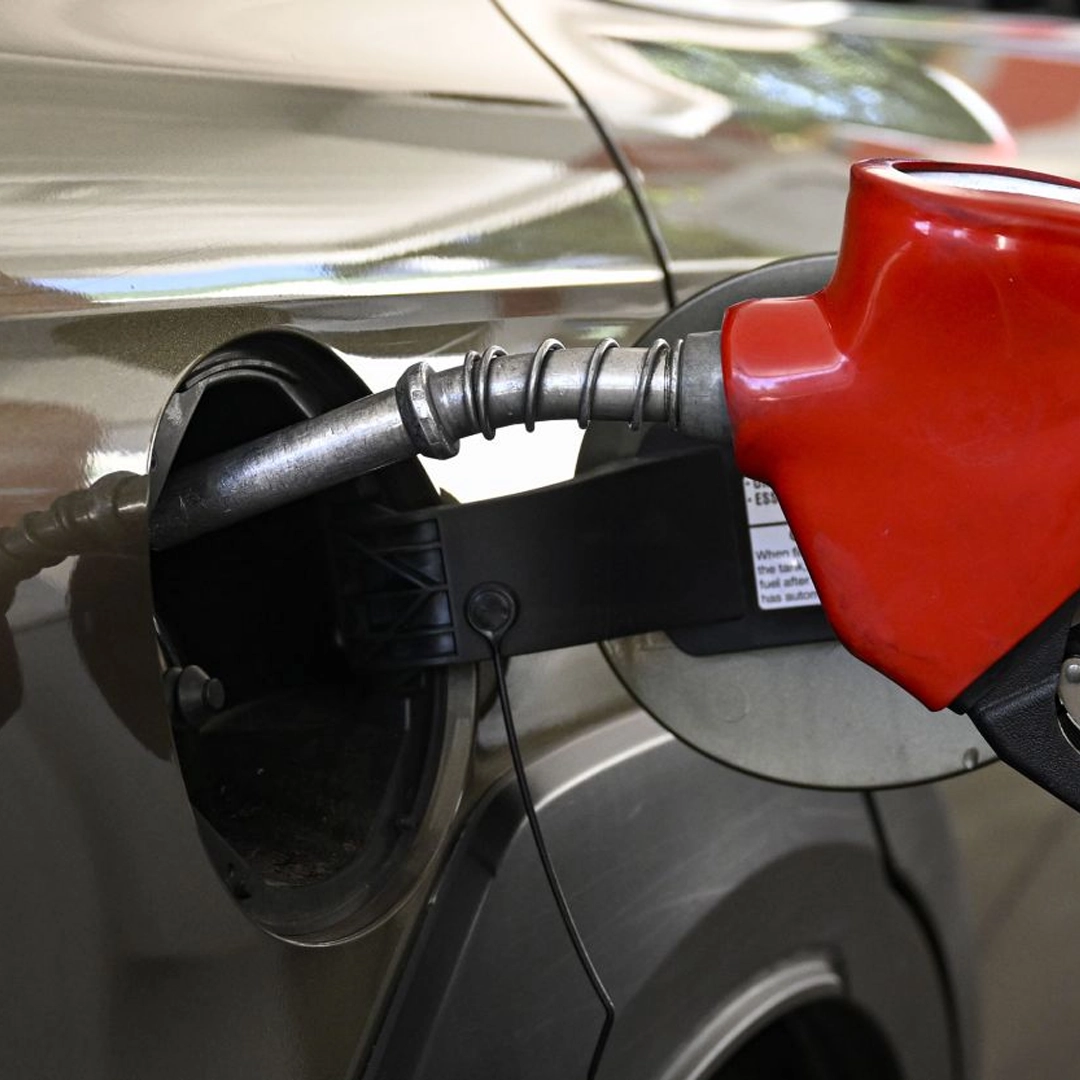
Gas Oil (Gasoline)
Diesel is a colorless liquid, and in order to recognize it and to distinguish it from other liquids and products, its color is changed and made to a brown color. Diesel is a mixture of different hydrocarbons that have 14 to 20 (even up to 25) carbon atoms in their molecular structure. The most important application of diesel fuel is as a fuel for diesel engines, thermal facilities and fuel for some factories.
Our Gas Oil Specification
| Property | Unit | Test Method | Umit |
|---|---|---|---|
| Acid Number, Strong TOTAL | mgKOH/g | ASTM D-974 | Nill Max 0.1 |
| Appearance | Visual | Clear | |
| Ash | Mass% | ASTM D-482 | Max 0.01 |
| Calorific Value (Gross) | Kcal/Kg | Calculated | Report |
| Centane Index | ASTM D976/D4737 | Min 50 | |
| Density @ 15°C | Kg/l | ASTM D4052 | MIN 0.82 Max 0.845 |
| Sulphur, Total | mg/Kg | ASTM D5453/D2622 | Max 500 |
| Flash Point PMCC | C | ASTM D93 | Min 65 |
| Pour Point | C | ASTM D97 OR D5949 | Report |
| CFPP | C | IP309 | Max +12 |
| Cloud Point | C | ASTM D2500 OR D5773 | Max 15 |
| Carbon Residue, 10% MCRT | mass% | ASTM D4530 | Max 0.2 |
| Ash Content | mass% | ASTM D482 | Max 0.01 |
| Water Content | mg/Kg | ASTM D6304 | Max 200 |
| Copper Strip Corrosion (3h at 50'C) | Rating | ASTM D130 | Class 1 |
| Total Aromatics | mass% | ASTM 5186 OR IP 391 | Min 1.5 Max 4.5 |
| Lubricity, Corrected wear scar diameter (wsd 1,4) at 60'C | um | IP 450 / ASTM D6079 | Max 460 |
| Viscosity @ 40°C | cSt | ASTM D445 | Min 1.5 Max 4.5 |
| Distillation | |||
| % (V/V) Recovered at 250'C | % (V/V) | Report | |
| % (V/V) Recovered at 350'C | % (V/V) | Report | |
| 90% (V/V) recovered at | C | ASTM D86 | Max 357 |

Gas Oil (Gasoline)
Gas oil is one of the relatively heavy products of crude oil and it is obtained in the distillation tower after kerosene. Diesel is one of the fractions produced in both the atmospheric distillation tower and the vacuum distillation tower. Also, many refinery units, such as cracking, hydrocracking and coking units, produce diesel in addition to gasoline by changing the structure of heavy oil fractions. The working process of a diesel engine is completely different from that of a gasoline engine. In a diesel engine, unlike a gasoline engine, where ignition occurs simultaneously with fuel injection into the cylinder, there is a certain amount of time between fuel injection and ignition, which is called the ignition delay period. The delay period depends on the fuel type, engine design and combustion conditions.
In a diesel engine, pure air is drawn in during the first stage. During the second stage, air is compressed and its temperature increases until fuel is injected into the cylinder. After reaching the fuel combustion conditions, it burns spontaneously and without sparking the spark plug due to high pressure and temperature and expands in the third stage of the cylinder.
Finally, in the fourth stage, the gases from combustion leave the chamber through the exhaust. According to the mentioned cases, the chemical structure of diesel as a diesel engine fuel and the conditions of the diesel engine should be in such a way that they facilitate the possibility of spontaneous combustion inside the combustion chamber.
Types of diesel fuel
In addition to the traditional diesel produced from oil refining, synthetic diesel or Fischer-Tropsch diesel can also be produced from natural gas, synthetic gas derived from coal, or from biogas from biomass.
Also, biodiesel is a biofuel that can be produced primarily from oil plants such as soybeans or palm. These alternative diesel fuels can be blended with traditional diesel fuel or used alone in diesel engines without modification because they produce very little sulfur.
Alternative diesel fuels are often proposed as a means of reducing oil dependence and reducing greenhouse gas emissions, and only biodiesel can provide benefits to the CO2 cycle. At the moment, seven grades of diesel are produced, which are approved by the United States.
Difference between diesel and petrol
Both diesel and regular gasoline are produced from crude oil, but their refining methods are different. In principle, diesel is easier to refine than gasoline, however, it contains more pollutants. Diesel produces more energy per liter than gasoline, and the combustion process of the car engine using it is more efficient, with higher efficiency and less CO2 emissions. The color of diesel is darker than that of gasoline and buying diesel is cheaper than gasoline.
Have a Questions About Gas Oil?
Consult our experts for free about business.
